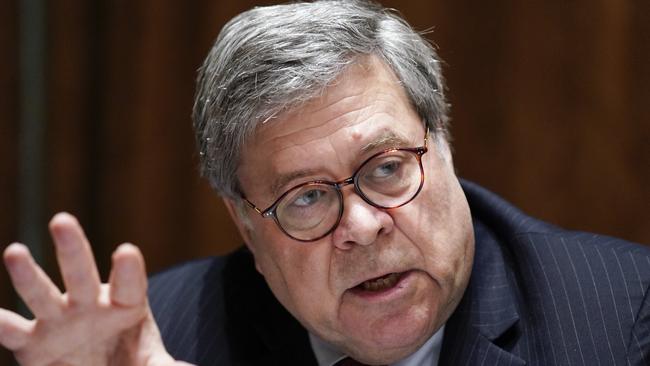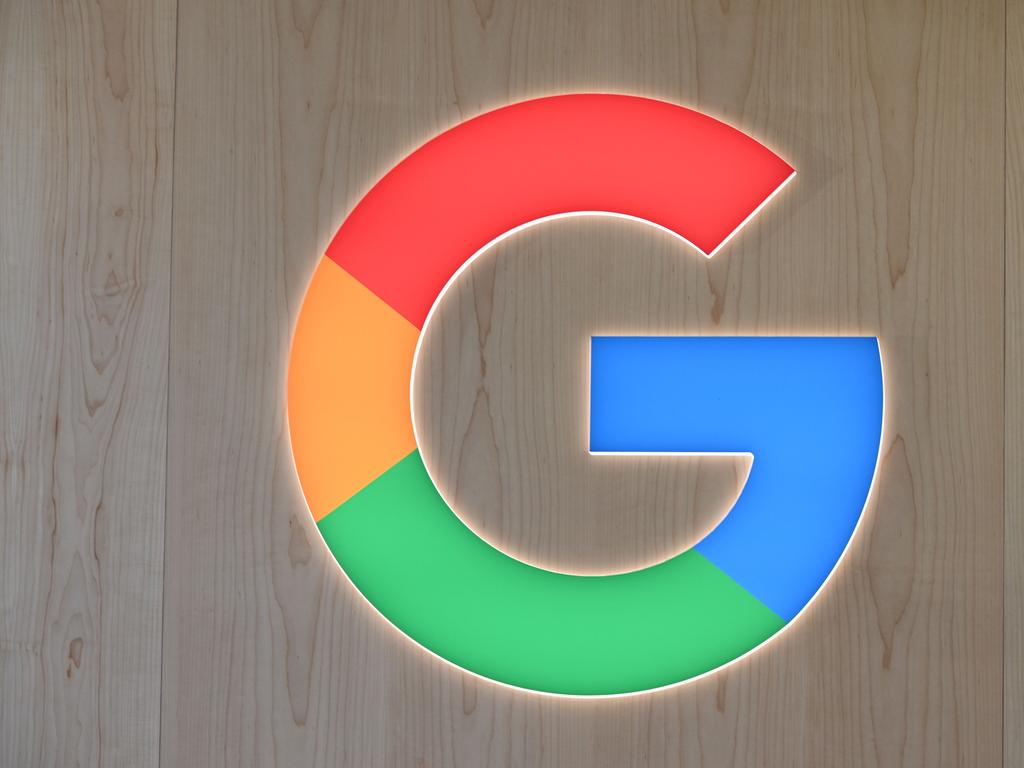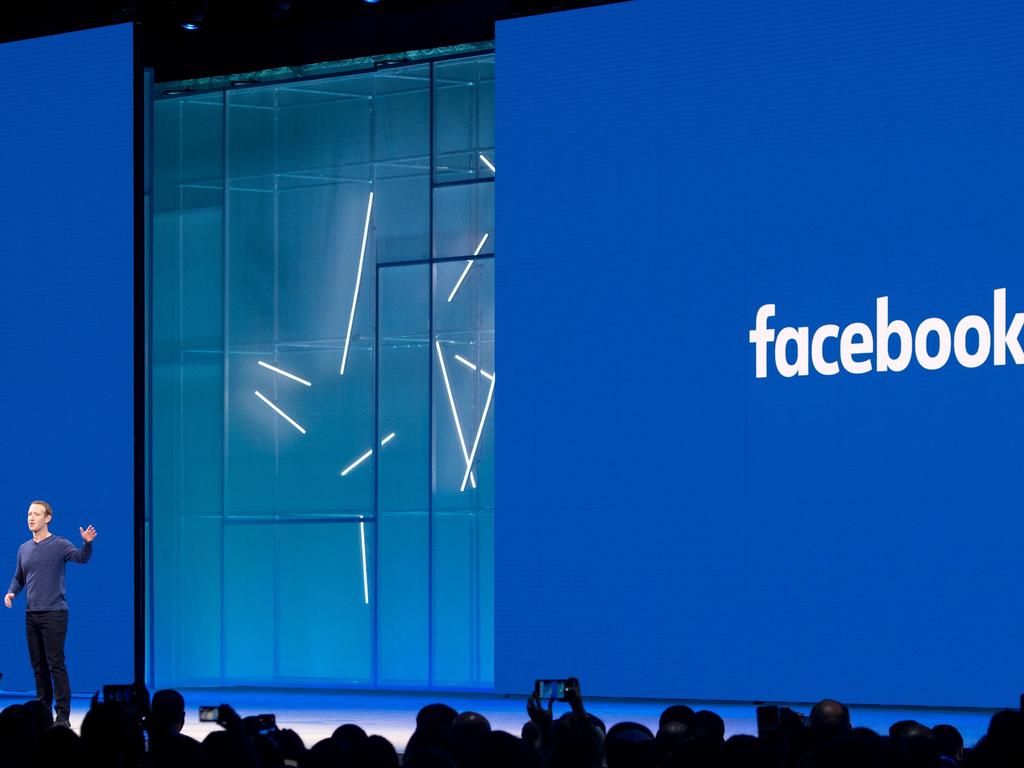US to roll back protection for digital giants like Facebook and Twitter
The US Justice Department has proposed a rollback of legal protection that online platforms have enjoyed for more than two decades.

The US Justice Department has proposed a rollback of legal protection that online platforms have enjoyed for more than two decades, in an effort to make tech companies more responsible in how they police their content.
The department’s changes, unveiled on Wednesday, are designed to spur online platforms to be more aggressive in addressing illicit and harmful conduct on their sites, and to be fairer and more consistent in their decisions to take down content they find objectionable, a Trump administration official said.
The Justice Department proposal is a legislative plan that would have to be adopted by Congress.
The move represents an escalation in the continuing clash between the Trump administration and big tech firms such as Twitter, Alphabet’s Google unit and Facebook.
Last month, President Trump signed an executive order that sought to target the legal protections of social-media companies, responding to concerns among some conservatives about alleged online censorship by the platforms. The executive order sought to impose limits on legal immunity for social-media companies when they are deemed to unfairly kerb users’ speech, for instance by deleting their posts or suspending their accounts. The administration, however, can’t impose many of these changes unilaterally.
The Justice Department’s proposed changes will address the type of speech concerns raised by Mr Trump, but they also extend more broadly, seeking to strip civil immunity afforded to tech companies in a range of other circumstances if online platforms are complicit in unlawful behaviour taking place on their networks, the administration official said.
The department’s proposal, for instance, would remove legal protections when platforms facilitate or solicit third-party content or activity that violates federal criminal law, such as online scams and trafficking in illicit or counterfeit drugs.
Internet companies would lose immunity if they have knowledge that unlawful conduct is taking place on their platforms or show reckless disregard for how users are behaving on their sites. Without those legal protections, tech companies could be exposed to claims for monetary damages from people allegedly harmed by online fraud and other illegal activity.
The department also wouldn’t confer immunity to platforms in instances involving online child exploitation and sexual abuse, terrorism or cyberstalking. Those carve-outs are needed to curtail immunity for internet companies to allow victims to seek redress, the official said.
Attorney-General William Barr has repeatedly voiced concerns about online-platform immunity, citing, for example, a terrorism case in which courts ruled Facebook wasn’t civilly liable because its algorithms allegedly matched the Hamas organisation with people that supported its cause.
The Justice Department also will seek to make clear that tech platforms don’t have immunity in civil-enforcement actions brought by the federal government, and can’t use immunity as a defence against antitrust claims that they removed content for anticompetitive reasons.
Twitter and Facebook representatives on Wednesday reiterated their past statements in support of longstanding legal protections.
Facebook allows political ad block
Meanwhile Facebook announced it would be allowing users to turn off all political ads in a move aimed at quelling criticism of the leading social network’s hands-off approach to election misinformation.
The feature being rolled out in the United States from Wednesday and some other countries will give Facebook and Instagram users the option of blocking paid ads from candidates and political groups.
Facebook vice president of product management and social impact Naomi Gleit said the initiative expands on the social network’s “ad preferences” options which already allowed users to see fewer political ads.
She said the feature was being made available “as part of our preparations for the 2020 US elections” and would be offered “in countries where we have enforcement on ads about social issues, elections and politics” later this year.
With AFP






To join the conversation, please log in. Don't have an account? Register
Join the conversation, you are commenting as Logout